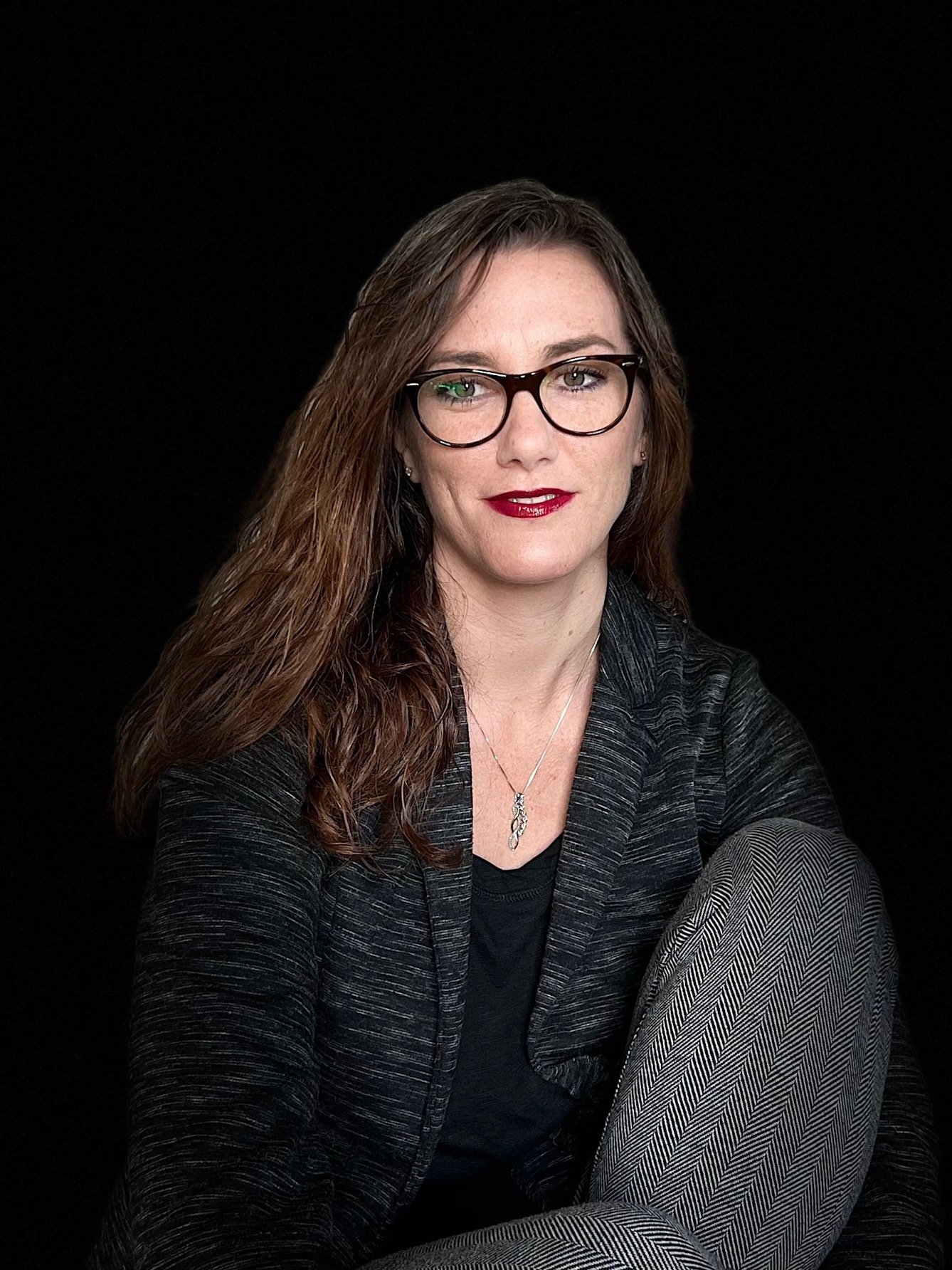Middle Age by Trina Peterson
"Was electricity invented yet when you were born?"
I get questions like this from my seven-year-old on a daily basis. He's into the origin of things. He wants to know how they work and when they were contrived. Most of the time, though, he forgets the technology he enjoys—like the internet and touch screens—hasn’t been around forever, and he is astonished to learn I didn't have these phenomena as a kid. I wonder if he’d recognize my old Nokia brick from college as a cell phone.
When he asks me a question to which I don't know the answer, he says, "Well, can you ask Google?" I roll my eyes at him, hands dripping in dishwater, and ponder what it must be like to be seven with a world of information at your fingertips. When I was seven, my random queries mostly went unanswered. They’re still unanswered because I forget about Google, not having grown up with it.
The things that drive him crazy are the great engineering mysteries to which nobody—not even Siri—has the answer."How did the ancient Egyptians build those pyramids?" and "How was bread invented?"
"Nobody knows."
"Well, can you look on your phone?"
"No, I mean literally nobody knows."
Then he pouts and stares at something without seeing it, thinking, I imagine, about the possible scenarios that could result in such a perfect vehicle for salami and mayo. Eventually,he comes up with an elaborate theory that involves an advanced kitchen implement, which must have existed during the dark ages.
The cultural and technological divide between his generation and mine is perhaps one of the widest chasms to ever separate parent and child. I am not a young mother, to be sure, but I'm no ancient Egyptian either. The thirty years between my birth and his comprises the advent of personal computers, the internet, and cell phones as we know them. My parents and grandparents marvel at his intellectual development, but it’sobvious to me that my kid isn’t going to replace Newton orEinstein in the annals of ingenuity. Modern kids are smarter because the world is smarter. Education is disguised as boisterous television shows for toddlers. Reading and math are presented as games on a touch screen. I am confident that at the same age my kids read their first books, I was busy liberating a box of Crayolas from their constrictive wrappers.
Does this nerdy shift make xennial parents feel older than we should? Is it harder to relate to our kids? How do we make decisions that govern their social lives when these techno scenarios were alien to our own childhood adventures? Is this what middle age is? These are the questions that keep me awake at night and into the small hours of the morning. I check my phone to see how many hours it might still be possible to sleep before the tiny humans wake me up demanding sustenance. The stars fade as I turn over and stare out the window. The sky is the color of that crayon I love, and it cuts to coral like a single brush stroke above the happy little trees. Barn swallows swoop across the canvas, but I am surrounded by sleep.
The seven-year-old occupies a camping mat on the floor because I was too sentimental to argue him back to his room last night. The smaller one is spread wide, forcing us to our respective edges of the king-size bed with barely enough blanket for our medial halves. We are an inverted Oreo cookie—black union suit smooshing down white comforter. We are the double, stuffed. He always sneaks in under cover of darkness, mounting the top of the duvet while we dream over damp, positive pressure from the CPAP—a comforting shush, evenly paced. More comforting than rousing a spouse with silent blue lips or smothering the snores.
It's not just the unanswerable questions that keep me awake; it's heartburn, too, I guess. I stopped dying my hair and my digestive system copped an attitude. Suddenly, I was searching the grocery store for antacids because until that moment I was young and their location irrelevant. I asked a tall kid with pimples in an employee shirt for directions to the elusive remedy. He had no idea, ma'am. Naturally.
Welcome to middle age. It's chalky.
Trina Peterson is a Maine native transplanted to Wisconsin where she lives with her husband and two sons. She's a Navy veteran, small business owner, and full-time grad student.

